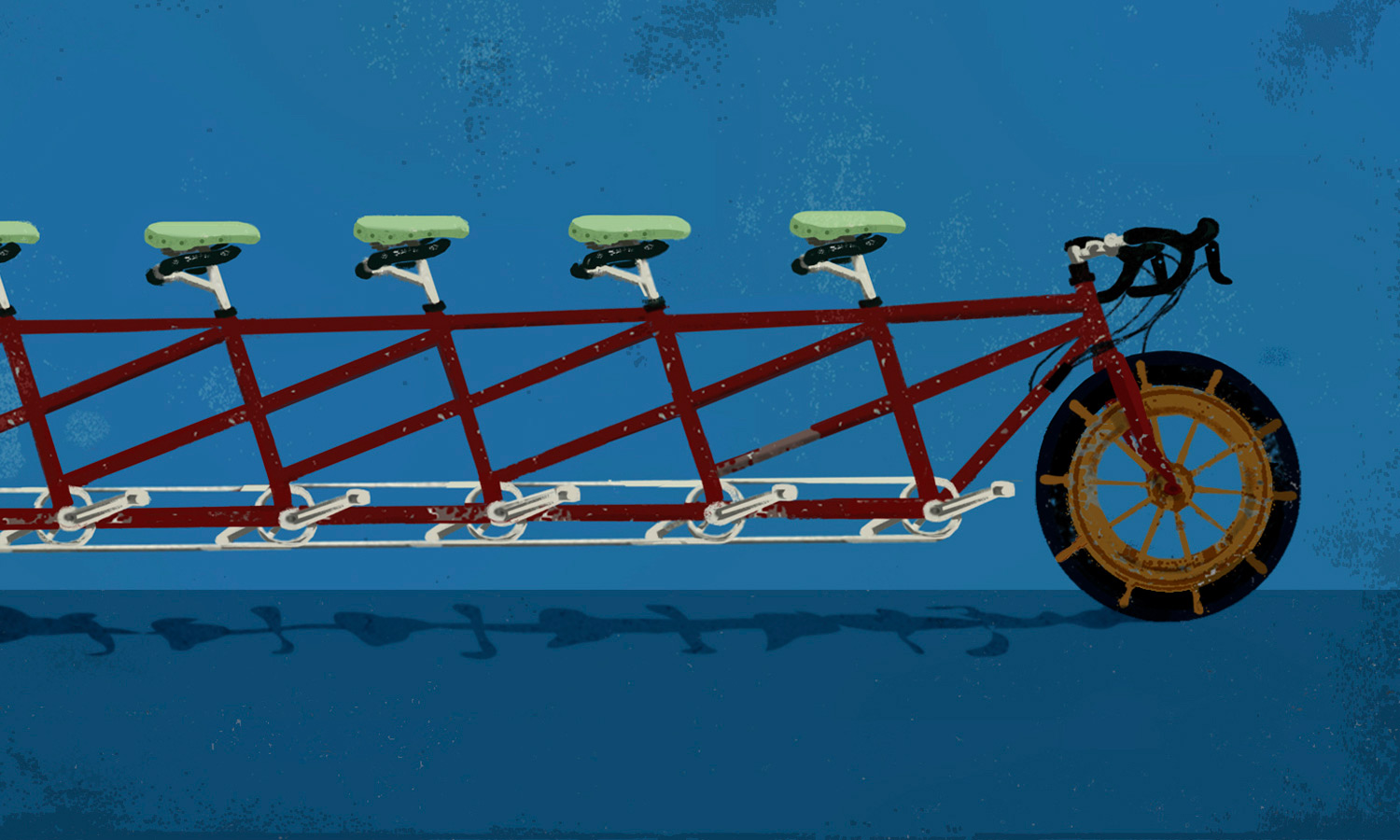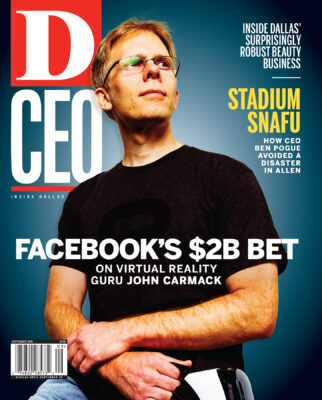Welcome to the inaugural Management and Organizations column, where in each issue faculty from the Department of Management and Organizations at SMU’s Cox School of Business will explore topics related to organizational and individual effectiveness. This month I explore how companies like Southwest Airlines consistently make great decisions that create value for all their stakeholder groups.
Every day we’re confronted with numerous choices, ranging from the mundane to the complex and consequential. Terrible business moves, such as the AOL/Time Warner merger that destroyed billions of dollars in shareholder value, illustrate the negative consequences of poor decision processes. At the same time, there are companies that seem to make excellent decisions that continuously delight their customers and employees and create value for shareholders. So, what can leaders do to increase the likelihood of making good decisions and minimize the probability of making bad ones?
The traditional view of how we make decisions is that our brains work like that of Spock on TV’s Star Trek, by rationally evaluating all alternatives and picking the one that maximizes the outcomes we seek. However, decades of research have shown that we are susceptible to a number of traps and distortions that can bias information we use to make decisions. These classic decision traps—overconfidence, anchoring, availability, and confirmatory bias—can have disastrous effects within organizations. However, effective leaders will be aware of these biases and traps. They will consciously work to minimize their effects by accessing a wide variety of data sources and surrounding themselves with people who have different experiences and perspectives.
When Southwest Airlines was considering alternatives to its “cattle call” boarding system —including a move to assigned seating—it relied on a variety of information sources, such as customer focus groups, employee input, and market research. It discovered that customers liked the idea of selecting their seats but wanted to eliminate the anxiety associated with having to hold their place in line. What could have been a disastrous decision to adopt assigned seating resulted in a creative solution of having a designated place in line, while retaining the ability for passengers to choose their own seats once on the plane.
Another well-known problem that plagues organizations is that of groupthink. When this occurs, the premium placed on maintaining group harmony insulates decision-makers from dissenting and contrary views. To avoid this, effective companies like Southwest try to create an environment where individuals feel safe to disagree, and leaders highlight and celebrate diversity of thought. The most effective way to do this is by having leaders model this behavior and encourage it in others.
Making effective decisions is one of the skills that respondents to our annual SMU Cox CEO Sentiment Survey consistently rate as being critical for success. Leaders today must become versed in the science and practice of this field to successfully lead their organizations through an increasingly turbulent business environment.







